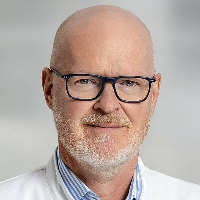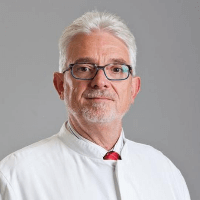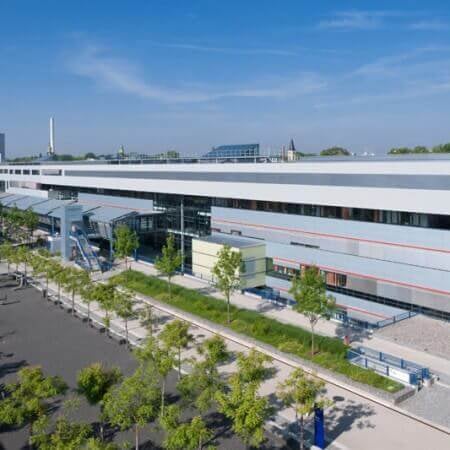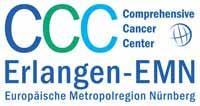Neuroendocrine Tumor (NET) of the Colon — Therapy With Lutetium-177-DOTATATE (Lu-177): treatment in the Best Hospitals in the World
Treatment prices are regulated by national law of the corresponding countries, but can also include additional hospital coefficients. In order to receive the individual cost calculation, please send us the request and medical records.

Department of Nuclear Medicine
The Department of Nuclear Medicine offers the full range of diagnostic and therapeutic procedures using modern radioactive substances. The diagnostic options include scintigraphic studies of the lungs, heart, brain, kidneys, lymph nodes, bones, including in small patients. In the field of therapy, one of the priority focuses is the use of radioiodine therapy for thyroid pathologies. Medical care and patient care are provided by highly qualified doctors and nursing staff who believe that the health and wellbeing of their patients is a top priority.



Department of Nuclear Medicine
The Department of Nuclear Medicine offers the full range of modern diagnostics and therapy using various radioisotopes. The department is equipped with the advanced systems for carrying out such high-precision and informative examinations as SPECT, PET, etc. The department carries out more than 8,000 outpatient examinations annually. The key focus in the field of diagnostics is on the detection of neurological, cardiac and oncological diseases. The department's therapeutic options include the treatment of benign and malignant diseases of the thyroid gland, pain therapy in bone metastases, treatment of malignant tumors in children (for example, neuroblastomas). The spectrum is also complemented by such innovative techniques as radiosynoviorthesis, selective internal radiation therapy and radioimmunotherapy.






Department of Nuclear Medicine
The Department of Nuclear Medicine offers the full range of diagnostic and therapeutic services in the area of its specialization. Of particular interest are PET/CT, PET/MRI, SPECT/CT, as well as innovative therapeutic methods of nuclear medicine, such as peptide radioreceptor therapy for neuroendocrine tumors, liver tumor radioembolization, and treatment of prostate cancer using radioligands to prostate-specific membrane antigen (PSMA therapy). The department's doctors most often admit patients suffering from cancers, diseases of the nervous and cardiovascular system. The patients receive medical care from the highly qualified internationally renowned specialists with profound clinical training and rich experience. The department's doctors use only reliable radioisotopes, which do not have a harmful effect on the human body and do not cause any side effects. The patients are admitted both on an inpatient and outpatient basis.






